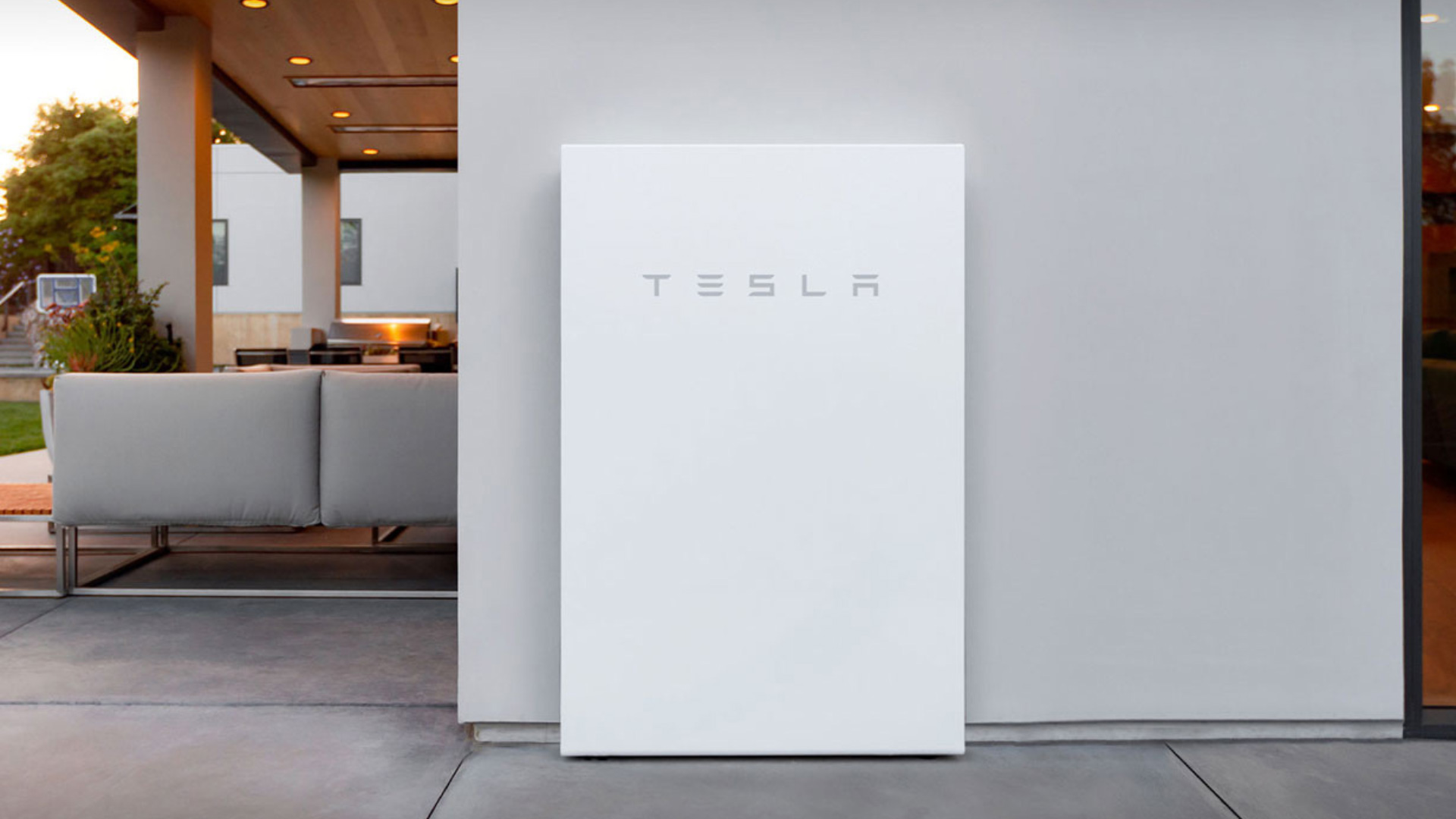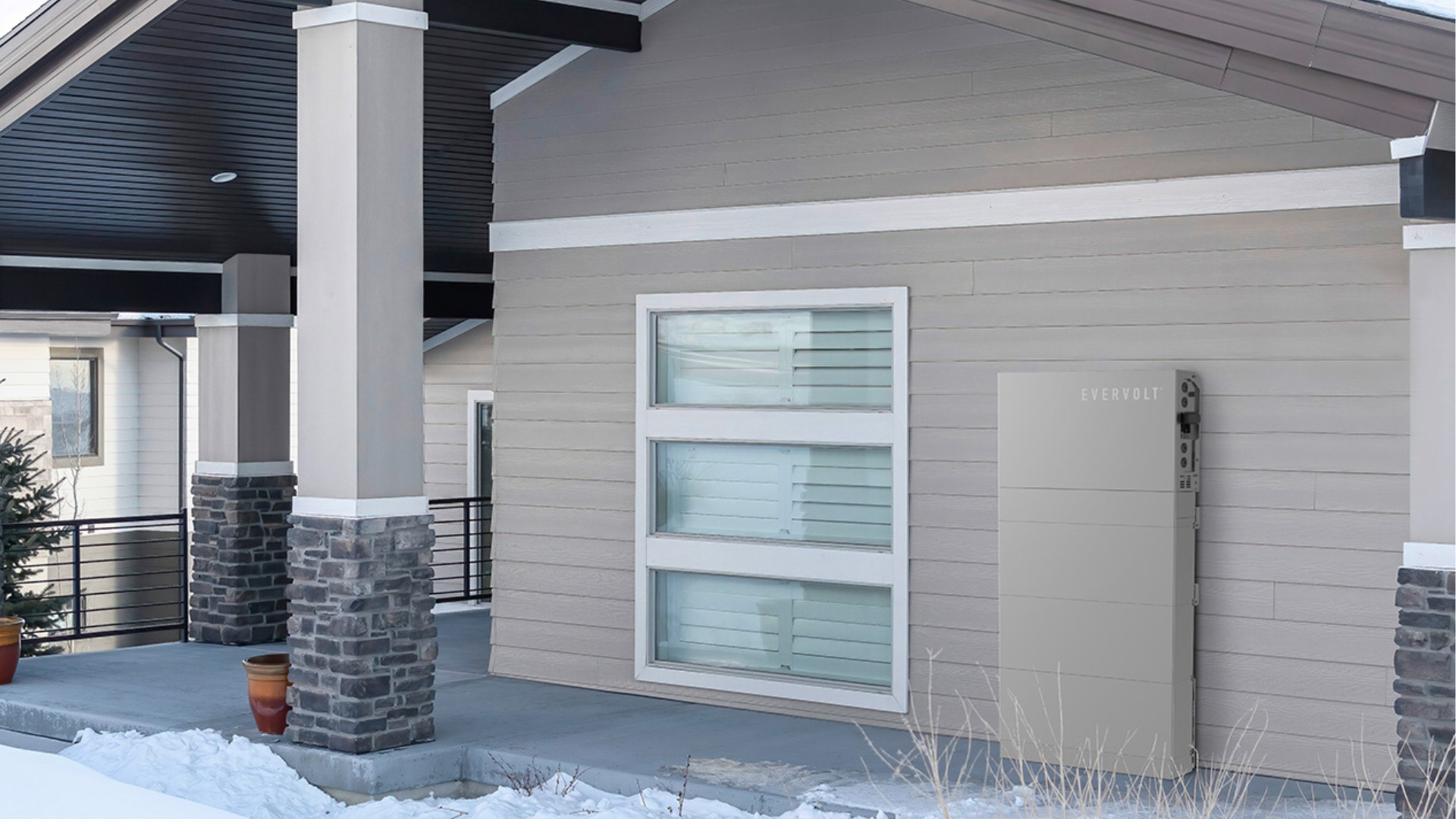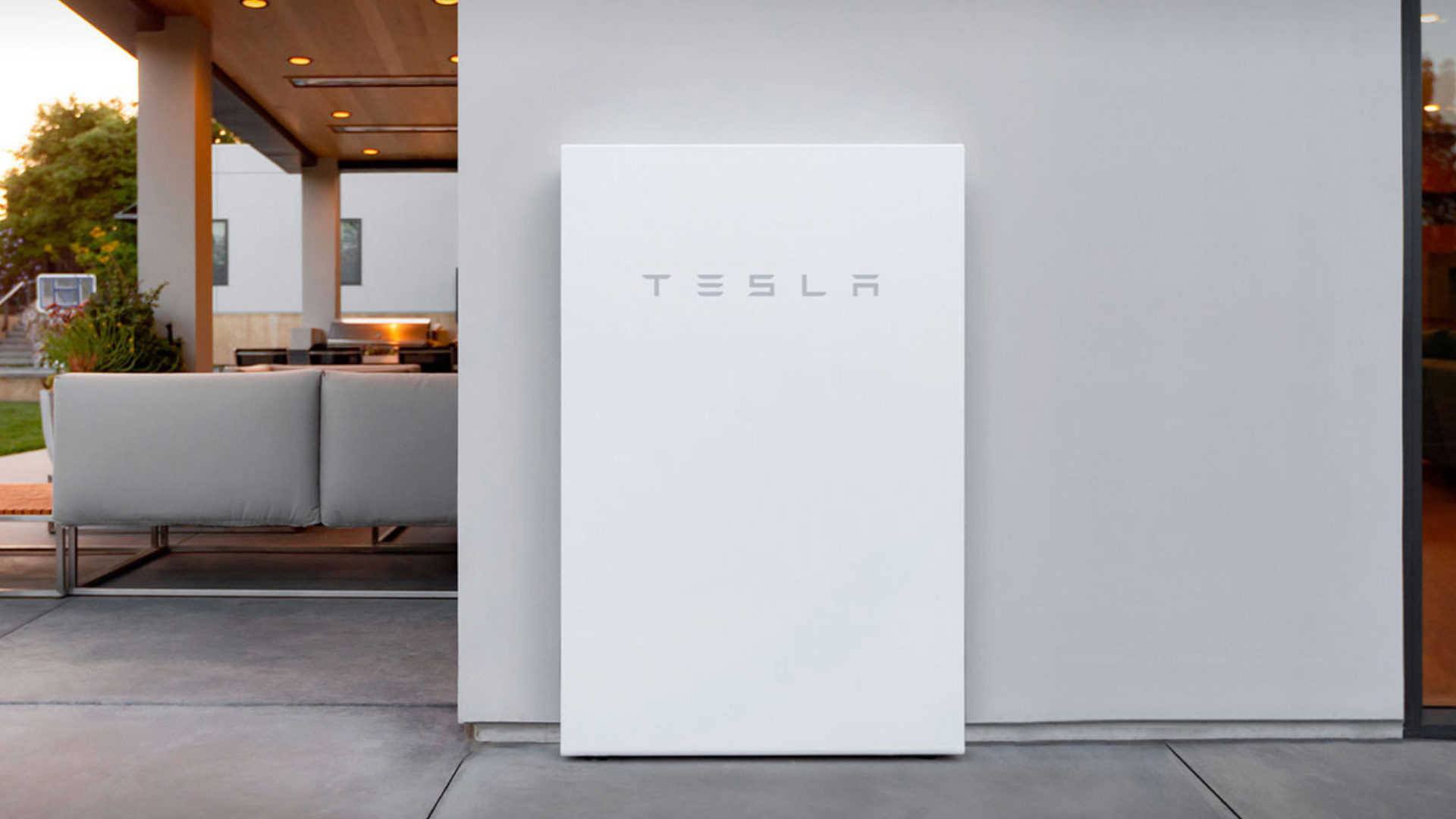If you’ve never owned solar panels, you may be surprised to learn that you don’t need to use them 100% of the time. Many homeowners enjoy the advantages of reserved solar energy through either battery storage or a net metering program. Here are some important considerations to make before deciding whether net metering or battery storage is ideal for you.
What Is Battery Storage?
Solar battery storage is a storage unit that holds excess solar power to use at a later time. If you have a critical load solar battery unit, it will function like a generator and supply backup power to your home whenever an outage happens. Consumption-only battery units are not designed to be used for backup power; instead, they store only as much electricity as your home needs throughout the day to avoid selling excess power back to the grid at an unfavorable rate.
Since you can access the stored solar energy whenever you’d like, solar batteries are very beneficial for homeowners. These batteries can be installed both outdoors and indoors, as long as they’re protected from the elements. However, a single battery can cost $15,000, making it a large upfront cost. Consumption-only units are usually cheaper making them a great option for those looking to store enough energy to power their home on a daily basis.
What Is Net Metering?
Net metering is when the excess solar energy generated by your panels is supplied directly back to the grid. In return, homeowners get credits from their utility provider that they can apply toward their electric bills. That energy is measured through a meter installed by the utility company. Some states impose a tariff or net billing system, in which the utility provider takes a cut of the electricity’s cost per kilowatt.
Standard net metering credits cover the full retail rate of electricity. With a net billing system, the credits are worth less than the retail price of electricity (the amount varies depending on your location). This means that you might not save as much with net metering as you would with a solar battery system. Additionally, your accumulated credits can’t exceed your yearly energy consumption.
Net Metering vs. Battery: How To Choose the Right Option for You
The benefits to be gained from net metering and battery storage depend on your goals regarding energy usage and your location. Solar batteries cost more initially but can help you save more money in the long term depending on how often you use them. You might lose some money with net metering, but you won’t have to worry about purchasing a lot of expensive batteries. Weigh the costs associated with each method carefully before making your decision.
Net metering is the best method of solar storage for homeowners living in states with optimal net metering policies. In California, where net metering rates are capped at 75%, it makes more sense to invest in a solar battery to avoid selling excess power to the grid. A self-consumption battery used in tandem with a net metering program can help you reap more savings. If self-sufficiency is your goal, it’s better to buy a backup solar battery unit. Solar backup batteries are also the most favorable choice for homeowners residing in states with frequent power outages.
Check Out Solar Optimum for Solar Storage Solutions
Both battery storage and net metering are highly beneficial for homeowners, but it takes some research to determine your best option. Solar Optimum provides several resources, including our Battery Buyer Guide, to help consumers with all aspects of solar battery storage ownership. Download a free copy of this essential guide today, or contact us for more information about our services.






